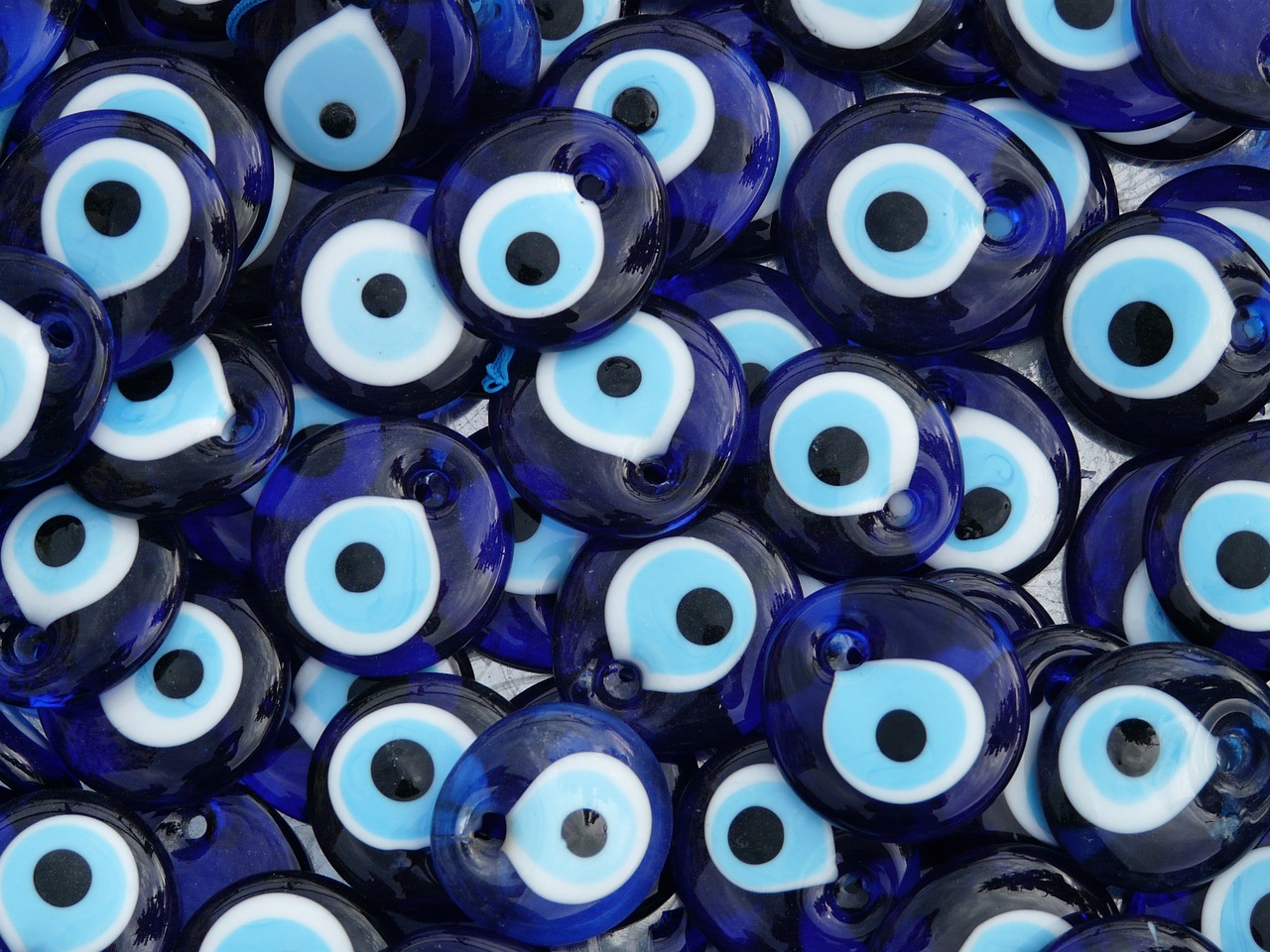
The concept of the Evil Eye has been deeply rooted in many cultures around the world, but in Islam, it holds significant spiritual importance. Islam acknowledges the existence of the Evil Eye and teaches believers about its dangers, prevention, and healing. This article explores the Islamic perspective on the Evil Eye, its effects, and the steps one can take to protect themselves, while also emphasizing the role of Al-Dirassa Institute in providing educational resources for those interested in understanding Islamic teachings more deeply.
The Evil Eye is believed to be a powerful, negative force that can cause harm to others when someone looks at them with envy or ill intentions. In Islam, it is often linked to jealousy and can manifest as harm to a person’s health, wealth, or overall well-being. The Quran and Hadith offer guidance on how to deal with the Evil Eye and protect oneself from its effects.
Don’t want to go through the translation anymore?
30 free minutes with your qualified Egyptian teacher.
In the Quran, Allah mentions the Evil Eye in Surah Al-Falaq (113:5), where it states:
“And from the evil of the envier when he envies.” (Quran 113:5)
This verse emphasizes the danger posed by the Evil Eye, and the Prophet Muhammad (PBUH) himself warned about its harmful effects in many hadiths. One famous hadith states:
“The Evil Eye is real; if anything were to overtake the divine decree, it would be the Evil Eye.” (Sahih Muslim)
This highlights the seriousness with which Islam views the Evil Eye and its potential consequences.
The effects of the Evil Eye can vary, but they are generally believed to manifest as sudden and unexplained misfortunes, health problems, or failures in one’s life. Some of the common signs that a person may be affected by the Evil Eye include:
It’s important to note that these symptoms should not always be attributed to the Evil Eye. Consulting a medical professional is essential, and if the symptoms persist or are accompanied by spiritual distress, one can turn to Islamic practices for protection.
Islam provides several effective methods of protection against the Evil Eye. These methods involve seeking refuge in Allah and following the teachings of the Prophet Muhammad (PBUH). Here are some of the key practices:
For those seeking to deepen their understanding of Islamic teachings, including the protection against the Evil Eye, Al-Dirassa Institute offers specialized online courses. Their Quranic Arabic course helps students comprehend the Quran’s verses more profoundly, providing a solid foundation to understand the nuances of Islamic teachings related to protection from harm.
Furthermore, Al-Dirassa offers classes on Islamic spirituality and Ruqyah, where students can learn the proper techniques for spiritual healing. These courses are designed to educate Muslims about the remedies prescribed in the Quran and Sunnah, helping them safeguard their lives from harmful forces such as the Evil Eye.
Islam encourages seeking spiritual healing when one believes they are affected by the Evil Eye. The process of healing often involves:
There are many misconceptions about the Evil Eye in Islam, especially concerning the idea that one must always avoid envy or jealousy at all costs. While Islam teaches that jealousy is harmful, it is not the mere presence of envy that causes the Evil Eye; rather, it is the ill intent that follows. Islam teaches moderation, and while one should guard against jealousy, it is also a reminder to trust in Allah’s will for protection.
The Evil Eye is a serious concept in Islam, and while it can cause harm, Islam offers clear guidance on how to protect oneself. From reciting specific Quranic verses to seeking spiritual healing through Ruqyah, Islam teaches its followers how to combat this negative force. As we strive to understand and apply Islamic teachings, resources like Al-Dirassa Institute can be invaluable in offering comprehensive education on protecting oneself from the Evil Eye, and fostering a deeper connection with Allah and His teachings.
By continuously engaging in Dhikr, reciting the Quran, and seeking knowledge, we can shield ourselves from harmful energies and cultivate a life filled with peace and protection.
If you are interested in learning more about Islam, you can visit our dedicated course page.
Discover the experiences of our delighted clients who have thoroughly enjoyed utilizing this standout feature.
Alhamdulillah I‘m very pleased with the arabic and Qur’an lessons I receive from teacher Umm Tasneem and I‘m also content with the al-dirassa administration team who were very quick in answering any questions I had. In a month I progressed a lot and I cannot wait to continue my studies with al-dirassa. May Allah reward everyone at al-dirassa.
Verified review - view original
My Qur’an teacher is fantastic, she teaches me in a loving and kind way where I look forward to the lessons and learn so much. My Arabic teacher is equally as nice and has a lot of patience with me, she has great expertise in the field and I’ve progressed really quickly with her. Thank you Al-dirassa!
Verified review - view original
Al-dirassa center (Markaz ad-dirassa in Arabic) is an institute specialized in the online tuition of the literal Arabic language, the memorization, and the recitation of the Holy Quran as well as the Islamic sciences by distance courses via Skype and Zoom.

Al-dirassa Institute offers you a gift to help you begin your journey to being fluent in Arabic and learning the Quran.

Al-dirassa Institute offers you a gift to help you begin your journey to being fluent in Arabic and learning the Quran.